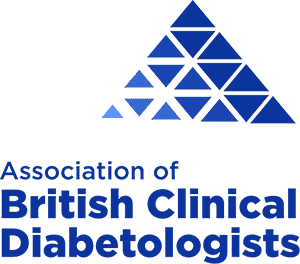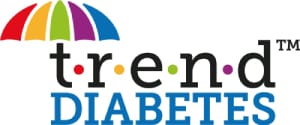HIGHLY COMMENDED
Young Adult Type 1 Diabetes Engagement and Enhanced Support Service
by East and North Herts NHS Trust
Disengaged young adults with Type 1 diabetes are vulnerable to poor health outcomes and difficult to support. Structured education using psychological techniques has had no demonstrable benefit in this group. Potentially 20% of young adults aged 16-30 could be in this category. East and North Herts Institute of Diabetes and Endocrinology (ENHIDE) piloted an innovative model of supported tailored care, which started in August 2016. The two-year project provided access to a dedicated young adult support worker (YASW) and diabetes specialist nurse (DSN), using text, Skype, email, flexible appointments, and access to newer methods of treatment and monitoring.
Judges’ comments:
“This project took an innovative and well-organised approach to reaching disengaged young adults with Type 1 Diabetes. The flexibility and the tailoring of services around the individual was particularly commendable, with some truly impressive results in reducing DKA hospital admissions and HbA1c reductions.”
FINALIST
Improving the Care Pathway for Newly Diagnosed Children with T1DM
by Royal United Hospital Bath NHS Foundation Trust
Evaluation of newly-diagnosed patients from 2018 at Royal United Hospital NHS Foundation Trust demonstrated glycaemic outcomes deteriorated significantly between three months and one year post diagnosis. The team joined Wave 3 of the Royal College of Paediatrics and Child Health (RCPCH) National Diabetes Quality Improvement Collaborative in November 2018 and focused on improving median and mean HbA1c during this period in newly-diagnosed children with Type 1 diabetes. The new care pathway emphasised intensive management and consistency of team message from all staff involved. Carbohydrate counting and Expert meters were introduced on the ward at diagnosis and patients home downloaded.
Judges’ comments:
“The team took an innovative approach to how Type 1 Diabetes is managed from diagnosis, producing a significant impact on patients’ psychology and coping with their condition, through methods such as carb counting. This creates a foundation for further work on demonstrating its long-term impact on clinical measures such as hypoglycaemia.”
FINALIST
Students First – Avoid Pitfalls of University Transition – Move the Clinic!
by Sheffield Teaching Hospitals
Sheffield has a student population of about 50,000, attending two universities, and a considerable number with diabetes. In November 2015 the practice nurses and diabetes specialist nurses for young people were keen to improve the service for patients. A new pathway was developed but in 2017 it was found to be suboptimal. A better option was to recreate the specialist secondary care clinic in the University GP practices. The result was high patient satisfaction and, for those with a starting HbA1c of >58 mmol/mol, HbA1c improved from an average of 77 to 70 mmol/mol.
Judges’ comments:
“Sheffield Teaching Hospitals have taken an innovative approach to ensuring that type 1 undergraduate students do not ‘fall through the cracks’ in services when they go to university. A well designed programme, with good attention to detail and involvement of key stakeholders.”














